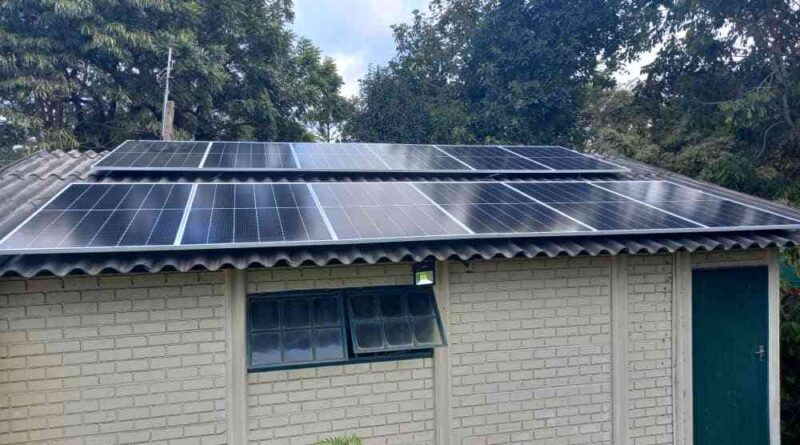Rent-a-roof solar power project in Harare ‘could end power crisis in 3 years’
HARARE – An independent power producer will rent thousands of rooftops of Harare homes to install solar panels in an ambitious project to generate power which would be fed into the national grid.
Prevail Group International (PGI), a licensed Independent Power Producer (IPP), is targeting 600 houses in the first phase at an estimated cost of US$1 million. The company believes if the scheme is successful, Zimbabwe’s power crisis could be solved within three years.
Under the initiative, PGI will rent and install solar panels on the rooftops of houses in Harare, starting with the pilot project in Glenview. The solar energy generated by these panels will be sold to ZESA and integrated into the national grid.
In return, ZESA has agreed in principle to suspend load shedding in the areas participating in PGI scheme.
This initial phase is expected to generate around 3 MW of energy.
PGI chairman Paul Tungwarara said: “We are launching the project on April 1 of this year, with a goal of renting the roofs of at least 600 homes in Harare’s Glenview area.
“The idea is to avoid wasting 600 hectares by building a solar farm when we can pay and make use of so many roofs in urban or even rural areas.
“ZESA has agreed to suspend load shedding in areas participating in the PSS scheme.”
The project is called the Presidential Solar Scheme, following on the Presidential Borehole Scheme which Tungwarara also spearheaded.
Tungwarara says the solar scheme is inspired by similar projects in Scotland and Mauritius. He also emphasised the advantage of utilising rooftops across urban and rural areas, as it saves valuable agricultural land.
He says PGI will cover all costs associated with the project, including monthly payments to ensure residents can pay their bills to ZESA. All homeowners need to do is register with the scheme.
“We cannot continue to complain about load-shedding when the solution is right in front of us,” Tungwarara said.
“By analysing successful projects in the UK and Mauritius, PGI’s experts have determined that replicating similar initiatives in Zimbabwe could bring an end to ZESA’s load-shedding within three years.”




